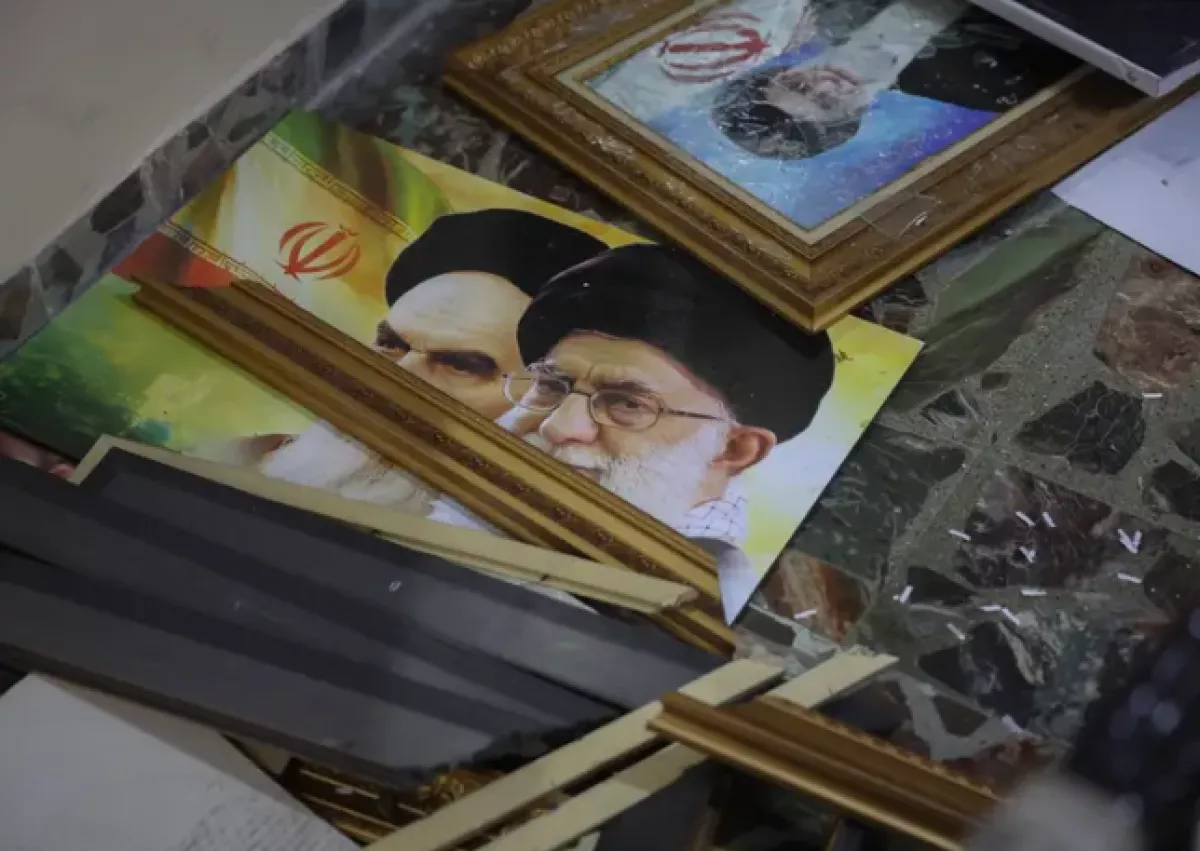Iran’s withdrawal from Syria represents major blow to Tehran’s ambitions PHOTO
US, European, and Arab officials have reported that Iranian forces have mostly pulled out of Syria after the collapse of the Assad regime in December, dealing a major setback to Tehran’s efforts to assert its influence in the Middle East.
Despite the regime's fall, thousands of Iran-backed militia fighters remained in Syria, primarily in the eastern regions, with some scattered across Damascus, Aleppo, and other areas, Caliber.Az reports per foreign media.
According to Western and Arab officials, the majority of Iranian forces in eastern Syria, including IRGC officers, as well as Afghan, Iraqi, Lebanese, and Syrian fighters, fled to al-Qaim, a border town in Iraq. Some Iranian personnel stationed in Damascus also returned to Tehran, while Hezbollah fighters in the western part of Syria made their way to Lebanon by road.
As these forces evacuated, they left behind a considerable amount of military equipment and weapons, much of which was later destroyed by Israeli airstrikes or seized by groups such as HTS, according to Western diplomats.

When asked if Iranian forces had completely withdrawn from Syria, Barbara Leaf, the US State Department’s top official for the Middle East, responded by saying, “Pretty much, yes…It’s extraordinary.”
Barbara Leaf, the US Assistant Secretary of State for Near Eastern Affairs, stated that Syria had become a hostile environment for Iran.
“Which is not to say they will not try to reinsert themselves, but very hostile terrain,” she said. Rebel leader Ahmed al-Sharaa claimed that his forces' rapid defeat of Assad had "set the Iranian project in the region back by 40 years."
Syria had been a critical strategic asset for Iran, providing a route for the transfer of personnel and weapons to Hezbollah in Lebanon, as well as positioning forces near Israel, its key adversary. US officials believe that Iran will eventually attempt to rebuild this land bridge, but this may be difficult in the short term. According to a senior US official, it is unlikely that HTS will permit the IRGC to re-establish its military presence in Syria anytime soon, given the longstanding support for Assad.
Broader concerns among US officials include the possibility that Iran could try to regain influence in Syria over time, capitalizing on existing instability and reactivating old networks. This remains a challenge, especially in a country still divided among militias with conflicting agendas and ideologies.
By Naila Huseynova








